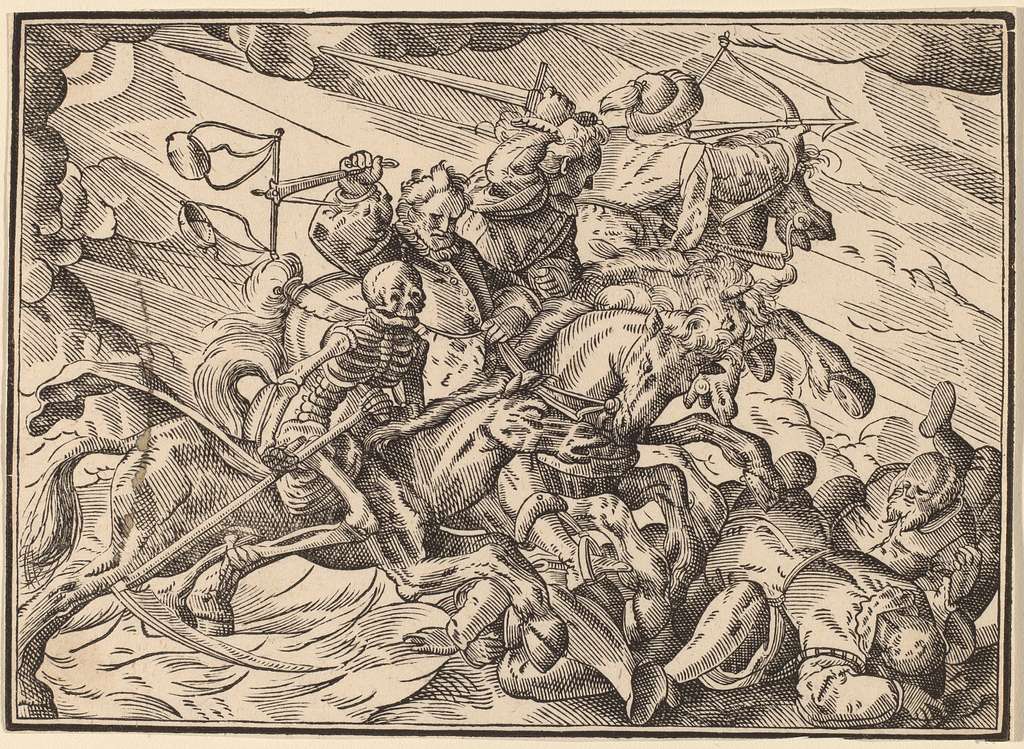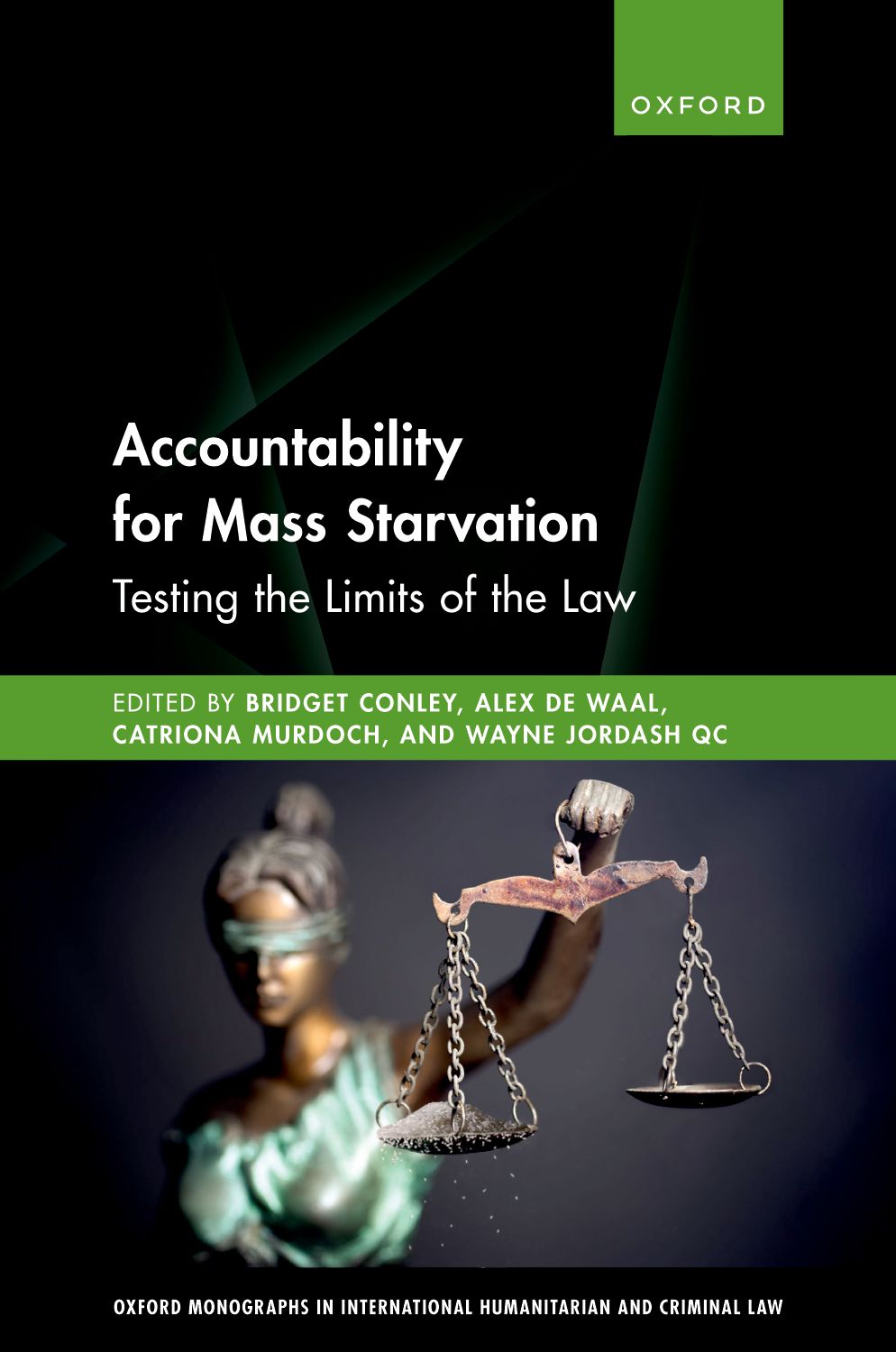The verb ‘to starve’ should be seen as transitive: it is something that people do to one another. International law prohibiting starvation has long been neglected but has, in recent years, attracted considerable attention. The hope is that by demanding criminal accountability for starvation crimes, the use of hunger as a weapon of war can be deterred and punished, and international policies can focus on dealing with the man-made triggers of famine. As well as the agenda of prosecutions, accountability for starvation includes the rights and dignity of victims and survivors, public reckoning in the press and through democratic politics, and redesigning food security early warning systems to take account of political and military factors.
The heart of this project was a collaboration with Global Rights Compliance (2018 – 2020), that combined WPF’s expertise on famine and conflict, with GRC’s on international criminal law. The project pioneered the agenda of accountability for mass starvation, coined the term ‘starvation crimes’, and published a seminal academic volume on the topic.
Today, the WPF continues to apply the framework and ideas of this project to evolving threats of mass starvation.









